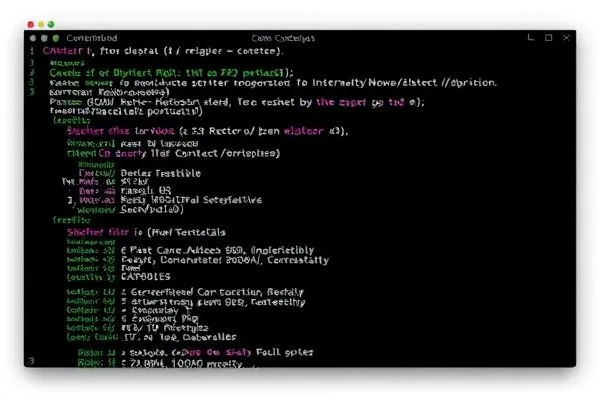Recent reports from Microsoft have highlighted a phishing campaign specifically targeting the hospitality sector through the manipulation of trusted platforms. This campaign, coined ‘Storm-1865,’ employs a deceptive method known as ClickFix to distribute malware aimed at stealing sensitive credentials. This article delves deep into the mechanisms of the ClickFix technique and its implications for cybersecurity within the hospitality industry.
Takeaways:
- Understanding the ClickFix phishing technique can empower organizations to enhance their cybersecurity frameworks.
- Awareness of recent trends, such as the techniques and targets involved in phishing campaigns, is essential to protect against financial fraud.
- Implementing robust training and awareness programs for employees can significantly mitigate risks associated with such attacks.
The ClickFix Phishing Technique Explored
The ClickFix technique has emerged as a potent social engineering method utilized by cybercriminals. Initially detected in October 2023, this approach capitalizes on user trust by presenting a non-existent issue that needs fixing. For instance, the Storm-1865 campaign initiates by sending an email concerning a fictitious negative review on Booking.com, enticing recipients to engage with a fake feedback request.
This scam includes links or attachments that mislead users into believing they are securely logged into a legitimate site. Instead of reaching Booking.com, victims are directed to a counterfeit CAPTCHA verification page designed to mimic the original, thus increasing the likelihood of compromise. Here, the attackers employ specific instructions that beseech users to execute commands that ultimately download malicious payloads.
Utilizing Microsoft’s mshta.exe binary, the campaign deploys a variety of malware, including XWorm and AsyncRAT, to facilitate credential theft. The evolution of the ClickFix technique signifies a tactical advancement in adversarial social engineering, demonstrating how attackers manipulate user behavior to bypass standard security measures.
Implications for Cybersecurity in the Hospitality Sector
The ramifications of such sophisticated phishing attacks extend beyond immediate financial theft. Storm-1865’s targeting of hospitality professionals across various regions highlights the sector’s vulnerability to cybercrime. By leveraging platforms like Booking.com, the attackers not only capitalize on employee trust but also undermine the integrity of online transactions.
To combat these threats, organizations must prioritize robust cybersecurity frameworks that include ongoing employee training, streamlined reporting of suspicious activities, and the use of comprehensive email filtering technologies. Additionally, awareness of phishing tactics such as ClickFix should be integrated into regular training modules to bolster defenses against potential breaches.
This situation is further compounded by the fact that other advanced persistent threat (APT) groups have adopted similar tactics, showcasing a concerning trend in the cyber threat landscape. A collective effort within the hospitality sector to mitigate these risks can create a more secure environment against future threats.
In summary, the ClickFix technique represents a significant evolution in how cybercriminals approach phishing campaigns. With strategic targeting of the hospitality industry via the manipulation of trusted platforms, organizations must remain vigilant. By fostering a culture of cybersecurity awareness and implementing comprehensive training, businesses can effectively fortify their defenses against such emerging threats.









